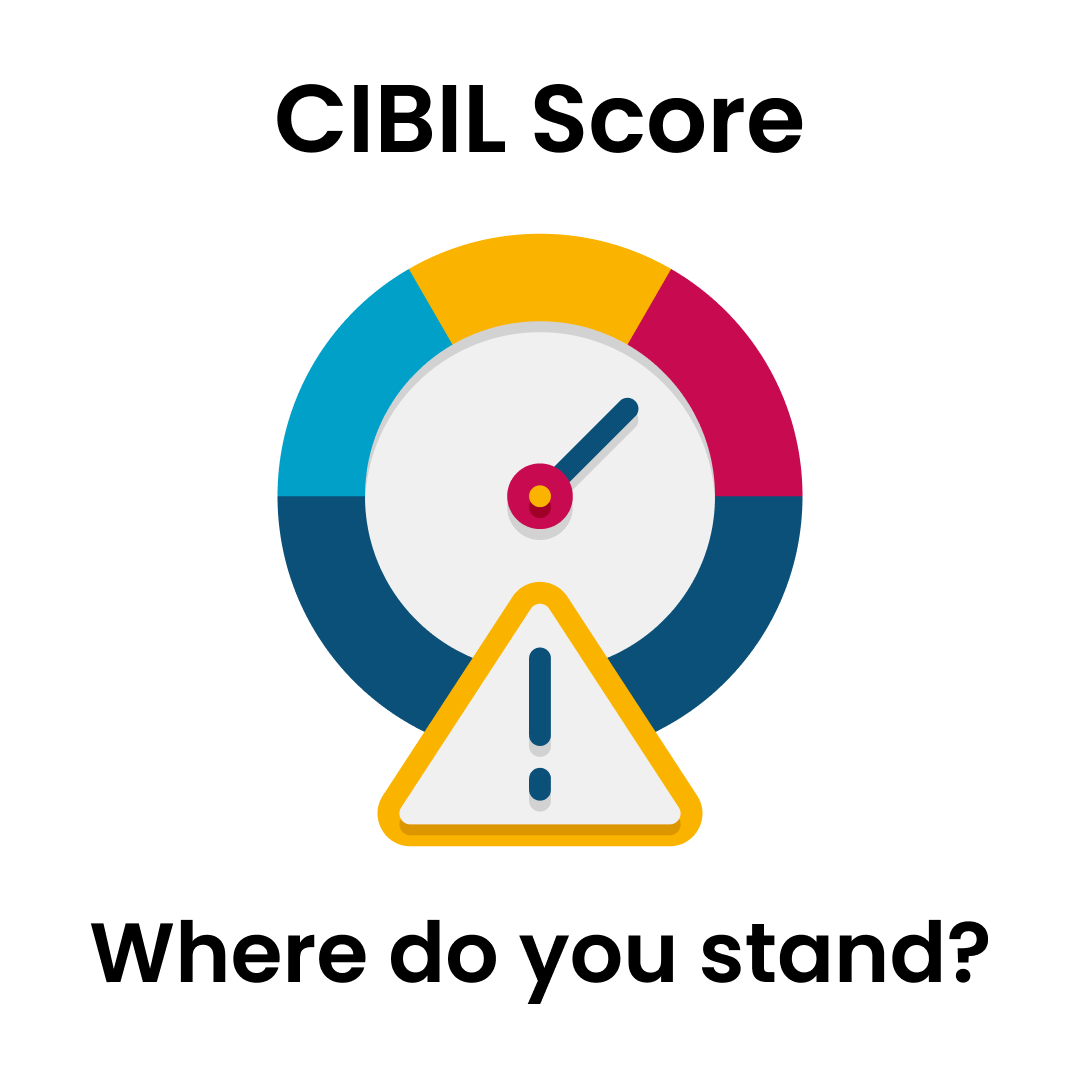Are you thinking of getting a loan or a credit card? Perhaps you’re interested in how lenders assess your creditworthiness. Your CIBIL score, commonly known as your credit score is very important in establishing your financial situation. It has an impact on your capacity to obtain credit, the interest rates you are offered, and even your prospects of finding work or renting a home.
In this comprehensive guide, we’ll dive deep into the world of CIBIL scores.
What is a CIBIL Score?
It is an important aspect of establishing your personal creditworthiness and financial stability. This score is used by banks and financial institutions to measure the risk of giving you money i.e. loan. Understanding the importance of your credit Score can assist you in taking the necessary steps to improve it and obtain access to better financial prospects.
Your credit score is nothing but your CIBIL score. It is a three-digit number, ranging between 300 to a maximum of 900. It represents your creditworthiness based on your credit history, which includes previous repayment behavior, credit utilization, and credit mix.
Pros & Cons of Having a Good CIBIL Score
Pros
Loan Approval
When you apply for a loan, the lender will evaluate your CIBIL Score along with other factors like your income, employment history, and existing financial obligations. A healthy credit score demonstrates your ability to manage credit responsibly, making it more likely for lenders to approve your loan application.
Lower Interest Rates
A good CIBIL Score can translate into lower interest rates on credit products. Lenders are generally more willing to offer competitive interest rates to individuals who present a lower risk of defaulting.
Negotiating Power
With a strong CIBIL Score, you gain the advantage of negotiating better terms with lenders. You can leverage your creditworthiness to request lower interest rates or higher credit limits. This can provide you with access to attractive financing options and save you money in the long run.
Cons
A bad score can have several negative implications. Here are some of the cons of having a bad CIBIL score:
Difficulty in Obtaining Loans
One of the primary disadvantages of a bad CIBIL score is the difficulty in obtaining loans. Lenders rely heavily on credit scores to evaluate an individual’s creditworthiness. A low score signals a higher risk for lenders, making them hesitant to approve loan applications. If you have a bad CIBIL score, it might be challenging to secure loans for significant purchases such as a home or a car.
Higher Interest Rates
Even if you manage to get approved for a loan with a bad CIBIL score, the interest rates are likely to be higher. Lenders mitigate the risk associated with lower credit scores by charging increased interest rates. This means you’ll end up paying more in interest over the loan’s duration, making it a costly affair in the long run.
Limited Credit Options
Another consequence of a bad CIBIL score is the limitation on credit options available to you. You may have difficulty obtaining credit cards, or the ones you can get may come with higher fees and lower credit limits. The limited credit options can restrict your financial flexibility and make it harder to meet your financial needs.
Tips for Maintaining a Good Score
Paying your credit card bills, loan EMIs, and other bills on time is essential for maintaining a good credit history. Payments that are late or missed might have a negative influence on your credit score. Set up reminders or automate payments to avoid missing a payment deadline.
Reviewing your credit report periodically allows you to identify any inaccuracies, or discrepancies that may impact your score.
Making multiple credit applications within a short period can raise concerns among lenders about your financial stability. Each application triggers a hard inquiry, which temporarily lowers your CIBIL score. Only apply for credit when necessary and do thorough research beforehand.
If you have many credit cards or loans that you haven’t used in a while, you should close them. Keeping unused accounts open may result in higher credit utilization, which might lower your CIBIL score.
While credit cards offer convenience and rewards, excessive usage can lead to debt and impact your CIBIL score. Avoid maxing out your credit cards and make it a habit to pay off the balance in full each month.
Consistently making timely payments builds a positive payment history, which is a crucial factor in calculating your CIBIL score. Establish a track record of responsible credit behavior to improve your score over time.
How to Check?
Steps for checking your credit Score
- Visit the CIBIL website
- Create an account
- Choose the right subscription plan
- Complete the authentication process
- Access your credit report and score
- Analyze the credit score summary
- Check for negative remarks, if any
To Sum up
Finally, understanding your CIBIL score is critical for managing your financial health. Keep in mind that your CIBIL score is not the main determinant of your financial success, although it does play a role.
